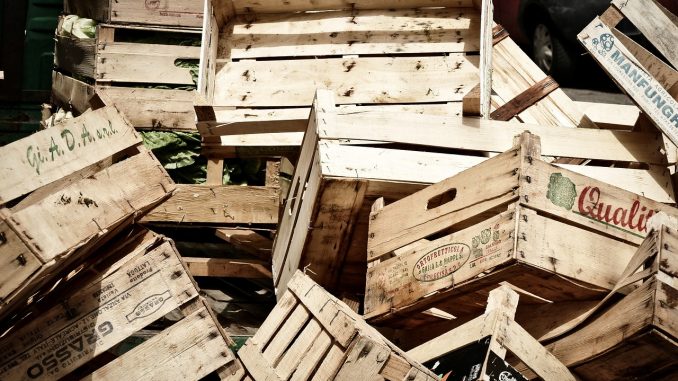
Strengthening cold chain infrastructures using sustainable and renewable energies would help reduce food losses and waste.
The FAO is raising awareness of food waste. Indeed, 14% of food produced for human consumption is lost before it is consumed, while 17% is wasted. This also reduces producers’ incomes and livelihoods. According to the FAO, one of the main problems is the lack of efficient cold chains to keep food fresh from farm to fork.
Perishable foodstuffs need to be kept cold, at regulated temperatures, throughout the entire supply chain (production, storage, processing, marketing, distribution, etc.). The temperature-controlled food supply system is known as the “food cold chain”. Refrigeration appliances can consume a lot of electricity, yet they still rely on fossil fuels. Indeed, some appliances still run on ozone-depleting substances or hydrofluorocarbons (HFCs), which are powerful greenhouse gases. As the FAO explains, cold chains currently account for 4% of global greenhouse gas emissions.
The lack of efficient refrigeration systems contributes to the wastage of around 526 million tonnes of food every year. In this respect, the UN explains that one of the main solutions to food loss and waste lies in better management of the cold chain, which ensures that products are kept at an adequate and stable temperature. “Insufficient access to refrigeration systems throughout the food supply chain creates a vicious circle of food waste and loss of income for farmers. This is a problem in developing countries, particularly in rural areas, where the vast majority of food is produced.
It is essential to extend the cold chain infrastructure by using sustainable and renewable energies to power refrigeration systems, and where viable, by using renewable energies to reduce the impact on global warming in line with the Montreal Protocol on Substances that Deplete the Ozone Layer and its Kigali Amendment and the Rome Declaration,” concludes the same source.

Be the first to comment